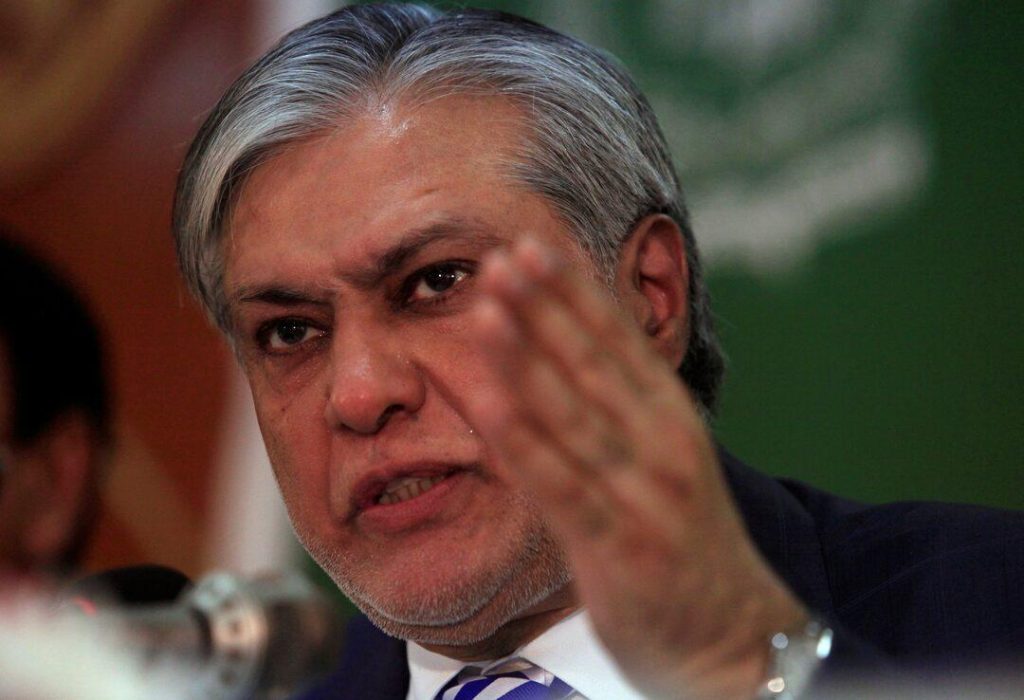
Pak Dy PM to visit China for talks in 1st trip after Op Sindoor
Pakistan’s Deputy Prime Minister and Foreign Minister Ishaq Dar is set to embark on his first overseas trip since India’s Operation Sindoor, traveling to China on Monday for bilateral talks with his Chinese counterpart Wang Yi. This visit is significant, as it marks Pakistan’s efforts to strengthen ties with China, a key ally in the region, amidst heightened tensions with India.
In a move that has been seen as a response to India’s Operation Sindoor, Pakistan has decided to send a ‘peace’ delegation to other countries, including China, Afghanistan, and Turkey. This diplomatic initiative is aimed at showcasing Pakistan’s commitment to regional peace and stability, as well as its willingness to engage with other nations to resolve outstanding issues.
Dar’s visit to China comes at a crucial time, as the two countries are working together to implement the China-Pakistan Economic Corridor (CPEC), a flagship project of the Belt and Road Initiative (BRI). The CPEC is a multibillion-dollar infrastructure project aimed at connecting China’s western regions with Pakistan’s deep-sea port of Gwadar, and it has the potential to transform the regional economy.
During his visit, Dar is expected to discuss a range of issues with Wang Yi, including the CPEC, regional security, and bilateral trade. The two countries have a strong foundation for cooperation, and Pakistan hopes to leverage this relationship to address its economic and security concerns.
In addition to his meetings with Wang Yi, Dar will also hold talks with Afghanistan’s Acting Foreign Minister Amir Khan Muttaqi. This meeting is significant, as Pakistan and Afghanistan have been working together to strengthen their bilateral ties and address issues related to border security and trade.
Pakistan’s decision to send a ‘peace’ delegation to other countries is seen as a response to India’s Operation Sindoor, which was launched in the wake of the Pulwama terror attack in February. The operation saw Indian fighter jets cross the Line of Control (LoC) and strike what India claimed were terrorist camps in Pakistan. Pakistan denied any involvement in the attack and responded with its own airstrikes, leading to a tense standoff between the two countries.
Pakistan’s move to send a ‘peace’ delegation to other countries is aimed at sending a message to India that it is committed to regional peace and stability. By engaging with other nations, Pakistan hopes to demonstrate its willingness to address outstanding issues through diplomatic means, rather than resorting to military action.
The timing of Dar’s visit to China is also significant, as it comes ahead of the upcoming Shanghai Cooperation Organization (SCO) summit, which is expected to be attended by leaders from China, India, Pakistan, and other member countries. The SCO is a regional organization that aims to promote economic cooperation and security among its member states.
Pakistan’s participation in the SCO summit is seen as a key opportunity for the country to strengthen its ties with other regional players and promote its interests on the global stage. By engaging with China and other SCO member countries, Pakistan hopes to strengthen its position in the region and promote its goals of regional peace and stability.
In conclusion, Dar’s visit to China is an important diplomatic initiative that marks Pakistan’s efforts to strengthen ties with its key ally in the region. The visit is significant, as it comes at a time of heightened tensions with India and is aimed at promoting regional peace and stability. By engaging with other nations, Pakistan hopes to demonstrate its commitment to diplomacy and address outstanding issues through peaceful means.



